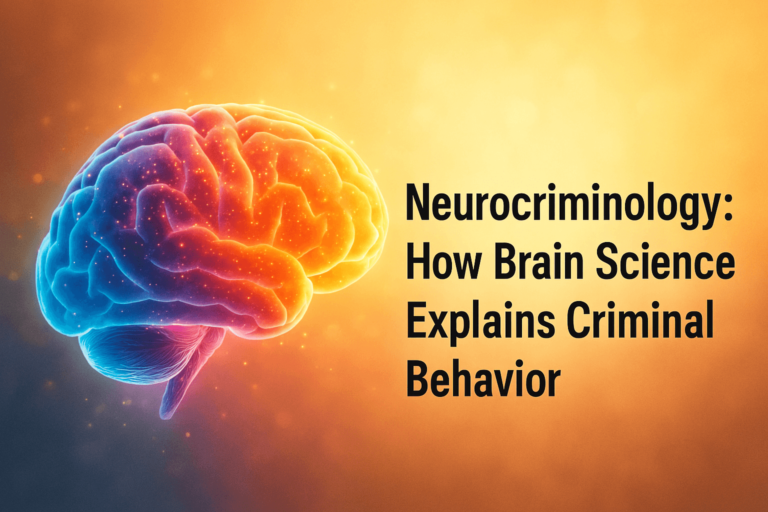Neurocriminology: Understanding the Brain’s Role in Criminal Behavior
Introduction to Neurocriminology Neurocriminology is an interdisciplinary field that merges neuroscience, psychology, and criminology to explore the biological and neurological underpinnings of criminal behavior. With advancements in brain imaging technology and genetics, researchers are uncovering critical insights into how brain structure, function, and genetic predispositions contribute to violent and antisocial behaviors. This article delves into…


